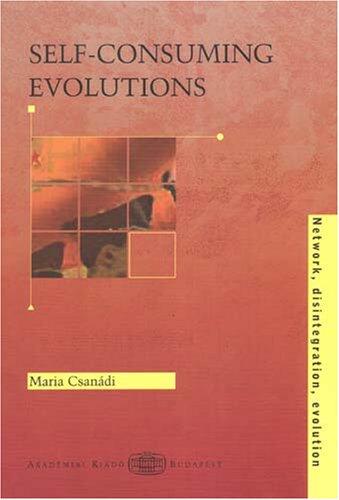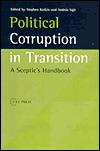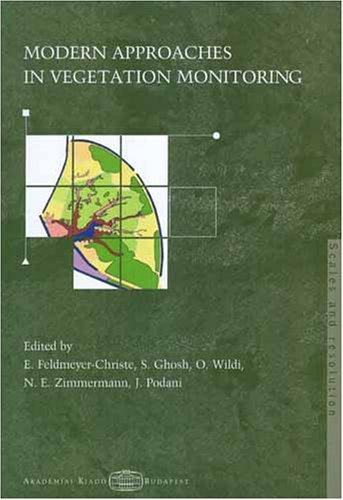
Self-consuming Evolutions: A Model on the Structure, Self-reproduction, Self-destruction And Transformation of Party-state Systems Tested in Romania, Hungary And China
によって
Maria Csanadi
まだ評価がありません
Science & Technology
形式
ハードカバー
ページ数
334
言語
ハンガリー語
公開されました
Jan 1, 2023
出版社
Akadémiai Kiadó
ISBN-10
9630583356
ISBN-13
9789630583350
説明
Maria Csanadi's work delves deep into the intricate dynamics of party-state systems, exploring the complex interplay between structure, self-reproduction, self-destruction, and transformation. Through a meticulous examination of Romania, Hungary, and China, the book presents a rigorous model that captures the evolution of these political systems. Csanadi's analysis reveals how these entities not only evolve but are often consumed by their own mechanisms, creating a cycle of regeneration and decay.
By applying her theoretical framework to diverse political landscapes, Csanadi sheds light on the unique characteristics of each country's system while highlighting the commonalities that bind them together. Her insights pave the way for a greater understanding of how party-state structures navigate internal and external pressures and adapt over time.
The work invites readers to reconsider traditional notions of political stability and change, suggesting that self-destructive tendencies can be inherent in seemingly resilient systems. Csanadi's contributions are particularly relevant in a world where political paradigms are continuously shifting, offering invaluable perspectives for scholars, practitioners, and anyone interested in the future of governance.
By applying her theoretical framework to diverse political landscapes, Csanadi sheds light on the unique characteristics of each country's system while highlighting the commonalities that bind them together. Her insights pave the way for a greater understanding of how party-state structures navigate internal and external pressures and adapt over time.
The work invites readers to reconsider traditional notions of political stability and change, suggesting that self-destructive tendencies can be inherent in seemingly resilient systems. Csanadi's contributions are particularly relevant in a world where political paradigms are continuously shifting, offering invaluable perspectives for scholars, practitioners, and anyone interested in the future of governance.









